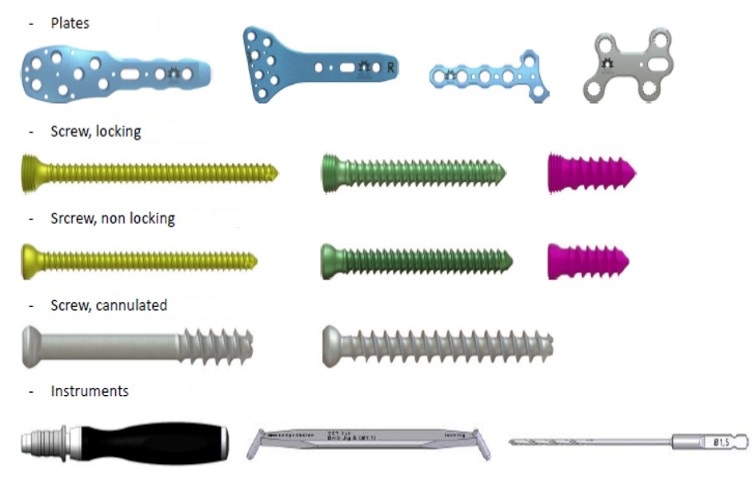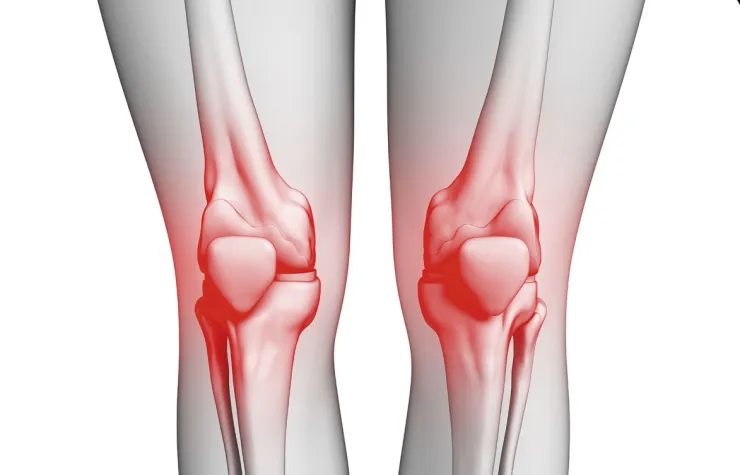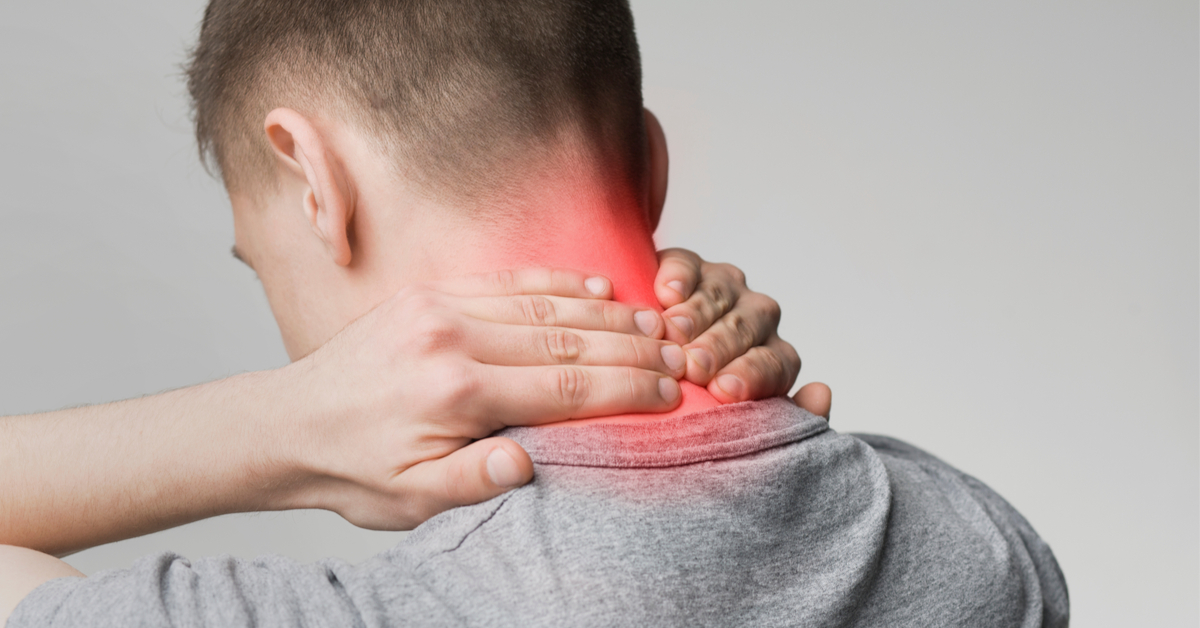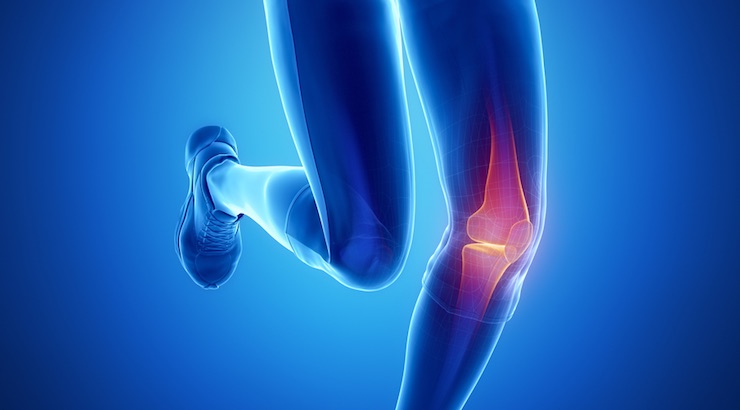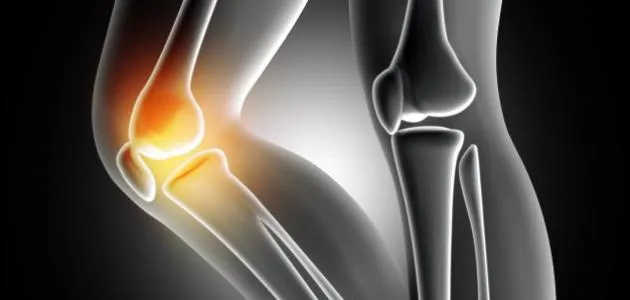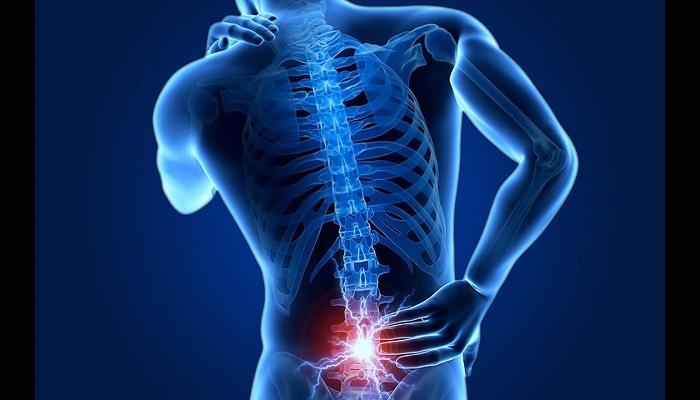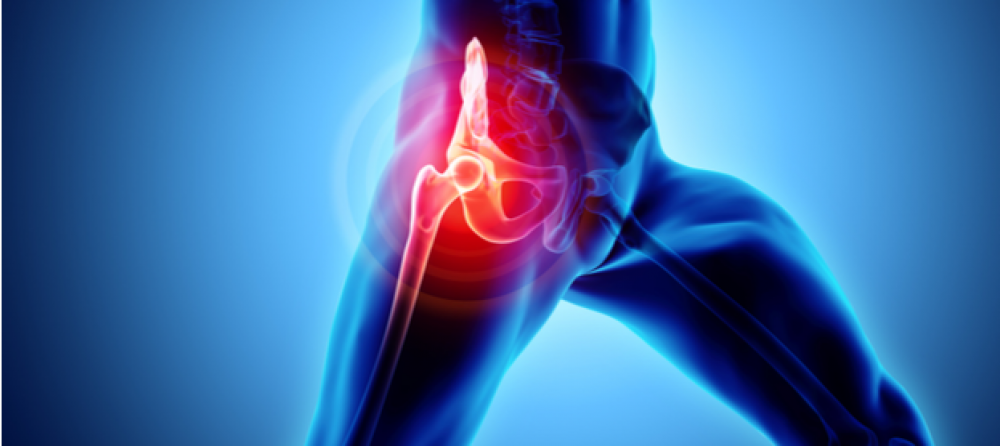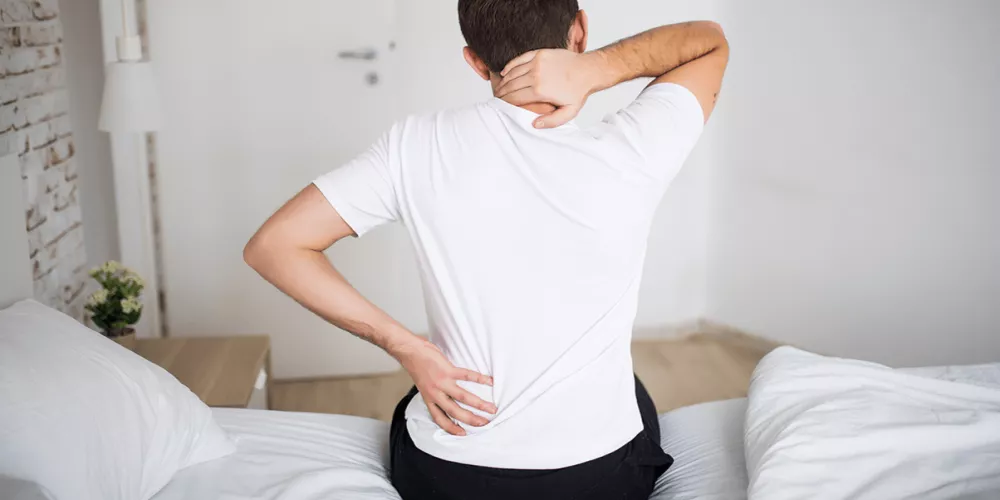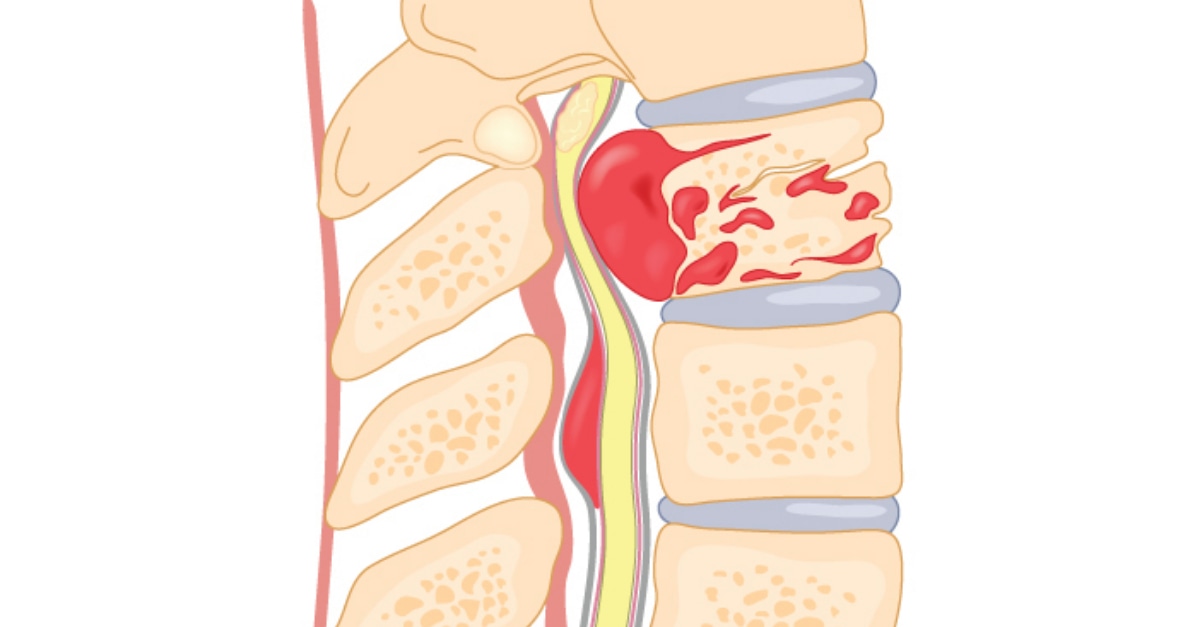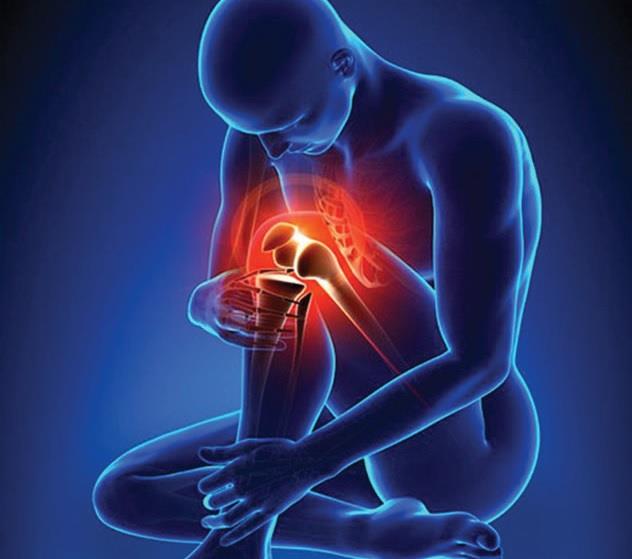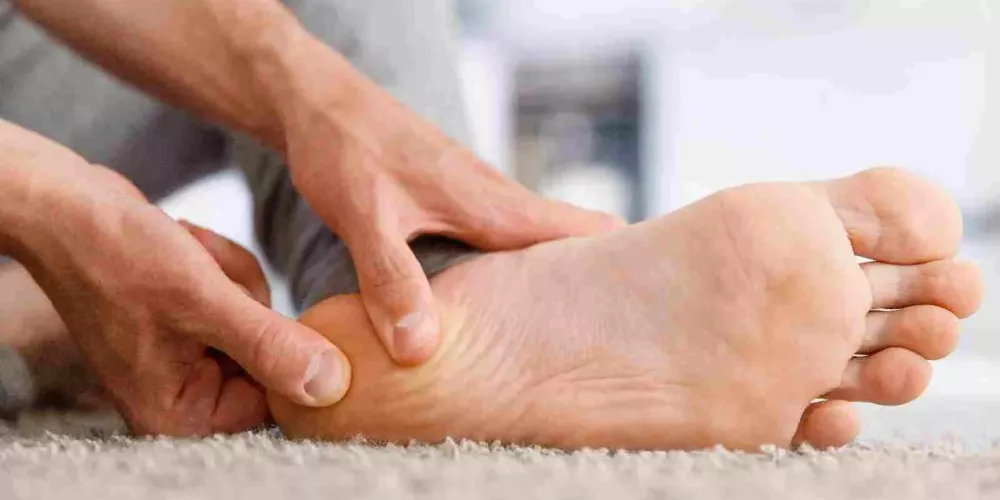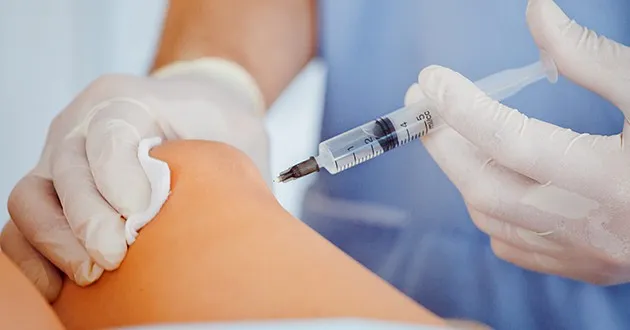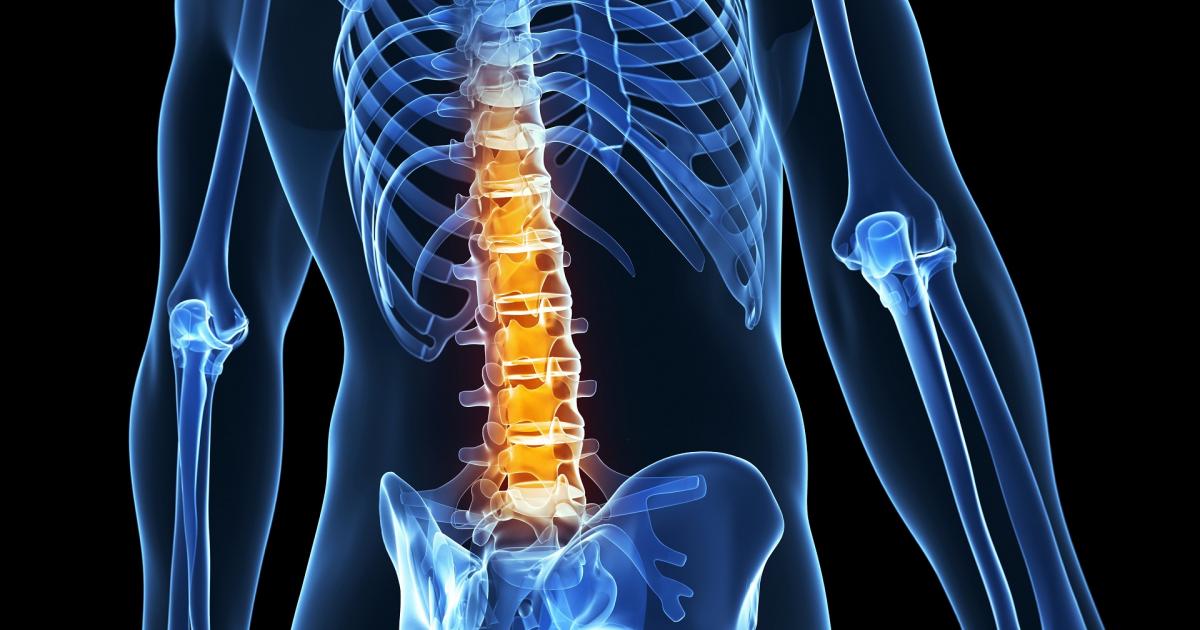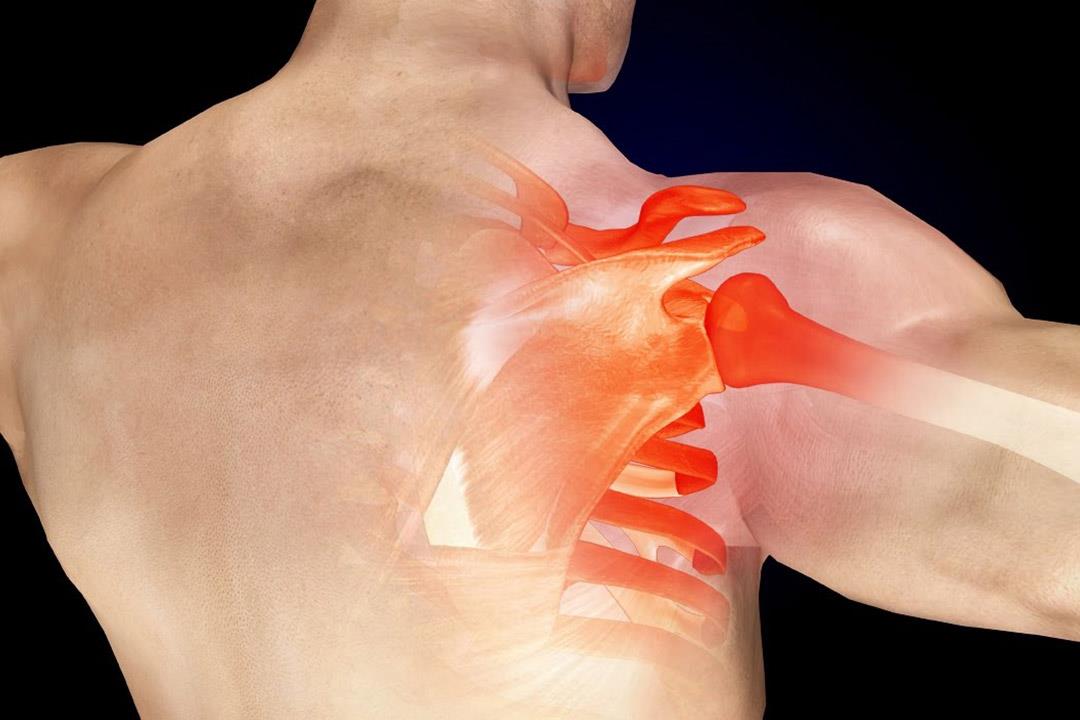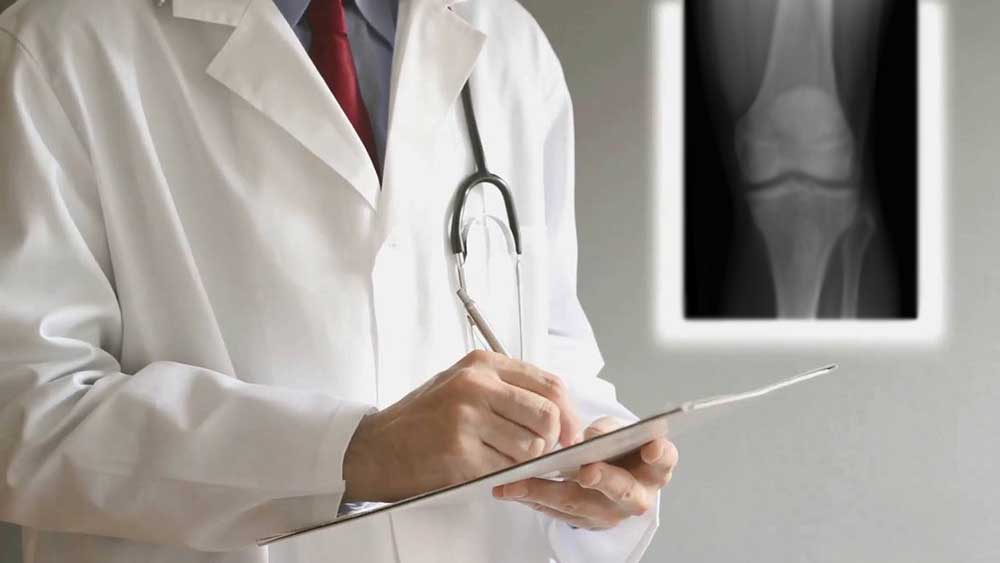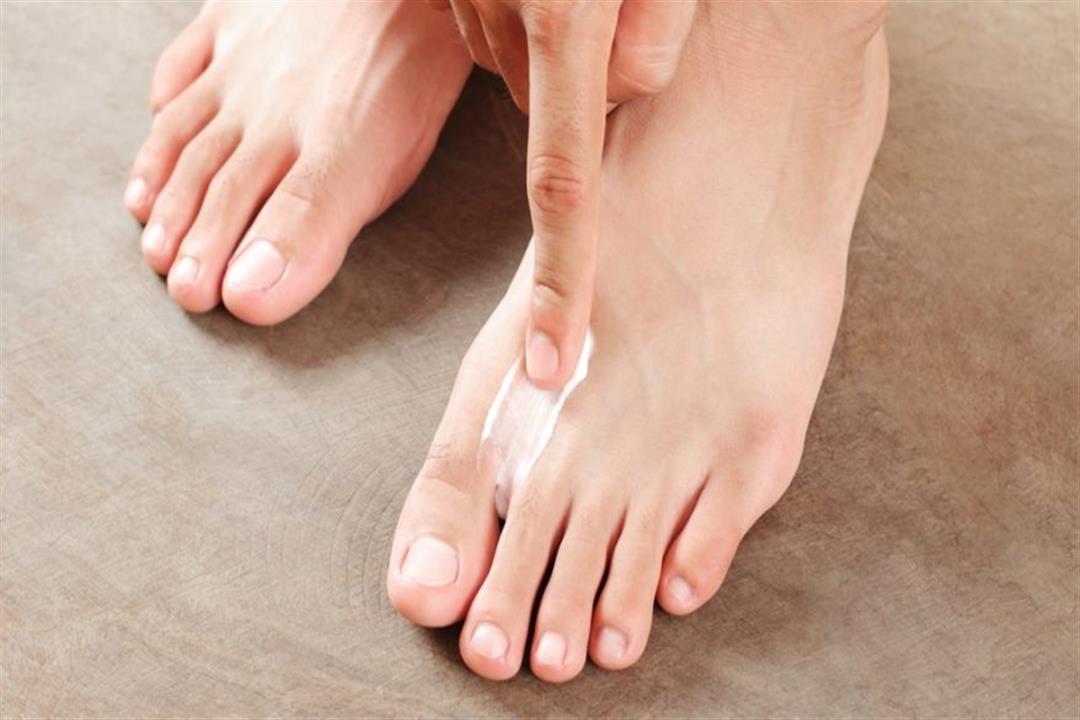What is the impact of cartilage on the leg? And does it affect the nerves?
The Impact of Cartilage on Men
- Strong association: The cartilage and sexual activity for men are strongly linked, as disc herniation significantly affects a man’s sexual capability.
- Back and spine pain: Some men suffer from back and spine pain, which may affect sexual capability. Distraction and consequent erectile weakness may occur during intimate activity.
- The impact of disc herniation: In cases where a patient has cartilage problems, it can put pressure on nerves and the spinal cord, leading to erectile dysfunction in men.
- Positions: Positions that require bending forward can increase the difficulty and pain of disc herniation and may generally affect intercourse. It is preferable for a man with disc herniation and back inflammation to lie down to reduce pressure on the spine.
- Understanding and awareness: Understanding the relationship between disc herniation and sexual activity is important for a man suffering from this problem. He should be educated about the most suitable positions and those to avoid to maintain the best possible sexual and back health.
- Medical examination: Regular medical examinations are essential in diagnosing and treating disc herniation problems. Men affected are advised to consult their doctor to obtain the appropriate diagnosis and treatment for their health condition.
It is clear that cartilage and sexual activity for men are two intertwined aspects. It is important to raise awareness of the impact of disc herniation on sexual capability and to seek appropriate treatment for the issue. Affected men are advised to visit a doctor for medical advice and to receive the necessary care to maintain their overall and sexual health.
Does disc herniation relate to sexual dysfunction?
Disc herniation is a medical condition where a spinal disc bulges out of its natural position between the vertebrae of the spine. It can occur in any part of the spine, whether in the neck, back, or sacral area. This herniation causes pressure on the surrounding nerves, which affects various body functions.
Healthy and satisfactory sexual capability is an important aspect of individuals’ lives. In some cases, people suffer from erectile weakness and a decrease in sexual desire due to health problems they may have. There are many reasons that may lead to erectile dysfunction, including disc herniation. So, is there a relationship between these two issues?
The Impact of Disc Herniation on Erection Disc herniation may have a negative effect on a man’s sexual capability due to several factors. Here are some of the impacts that may occur due to disc herniation:
Erectile Dysfunction: A man suffering from a herniated disc may experience difficulty in maintaining a firm and steady erection due to the pain and neurological disorders resulting from this condition.
Decreased Libido: Herniated discs can cause a decrease in sexual desire, where the affected individual may feel an aversion to engaging in sexual activity due to pain and discomfort.
Anxiety and Stress: Those with herniated discs may suffer from anxiety and stress stemming from ongoing pain and the inability to enjoy sexual life in the same way as before.
Psychological Disturbances: A person with a herniated disc may feel embarrassment and a lack of self-esteem due to the impact of this problem on their sexual life, negatively affecting their mood and psychological balance.
Relationship Problems: Herniated discs can lead to difficulties in marital relationships, where one may be unable to meet their partner’s expectations or engage in sexual activities to the same extent as before the injury.
Research indicates that herniated discs can negatively affect a man’s sexual ability, due to the pain and stress it causes. Herniated discs may lead to erectile dysfunction, decreased libido, anxiety, psychological disturbances, and relationship problems. Those suffering from herniated discs are advised to communicate with their treating physician to assess their condition and consult about appropriate treatment and preventive measures to maintain spinal health and sexual ability.
Does the disc affect walking?
Here we will review some important information about how the disc affects the ability to walk and tips for alleviating pain and maintaining healthy walking habits.
- Discs and Walking Pain: Many people suffer from back pain and leg pain while walking due to problems with the cartilaginous discs. These issues can cause muscle fiber spasms and impede joint movement, affecting the ability to walk.
- Gradual Training: To protect against the pain caused by discs, it is recommended to start walking gradually and at moderate rates. One should evaluate their true ability to walk without straining their own disc.
- Stop Walking When Pain Increases: When you feel that the pain in the disc area is increasing while walking, you should immediately stop and not continue to endure. Report to the specialized doctor and get his consultation to evaluate the situation and receive appropriate treatment.
- Using Hot and Ice Packs: Using hot or ice packs on painful areas is an important step in alleviating the pain caused by the disc. These packs contribute to soothing the pain, reducing swelling, and improving joint mobility.
- Practicing Exercises and Joint Movements: Exercises that move joints and strengthen the muscles surrounding the disc can contribute to pain relief and improving walking motion. These exercises include stretching, strengthening core muscles, and fortifying the spine.
- Consuming Calcium and Vitamin-Rich Foods: Calcium and vitamin-rich foods play an important role in promoting cartilage health. Include foods such as milk, cheese, yogurt, fatty fish, and leafy vegetables in your diet to enhance cartilage stability.
- Regular Doctor Visits: Individuals experiencing cartilage issues should regularly consult with a doctor and undergo the necessary examinations to assess the condition of the cartilage and the appropriate treatment needs.
With proper attention to cartilage health and following the above tips, it is possible to reduce walking pain resulting from cartilage problems and improve movement health and quality of life. There are many treatments available for dealing with cartilage issues, so one should consult with a doctor to determine the appropriate treatment and receive the necessary care.
Does cartilage affect nerves?
Medical research indicates that a herniated disc, or disc herniation, can significantly affect the nerves. This condition occurs when a piece of the soft cartilage from the spinal disc slips out and presses on the surrounding nerves. Here are some evidence suggesting the impact of cartilage on nerves:
- Common Back Pain: Most individuals with disc herniation experience back pain, which may intensify when the person moves or engages in certain activities such as sitting for long periods or lifting heavy objects.
- Lower Limb Pain: Disc herniation can lead to pain in the lower limbs such as the thighs, knees, and feet. This pain may be accompanied by sensory changes such as numbness and tingling, in addition to muscle weakness or paralysis in some cases.
- Sciatic Nerve Effect: Patients with lumbar disc herniation may experience symptoms of sciatica. This occurs when one of the nerve roots of the sciatic nerve becomes irritated and can cause severe pain and discomfort.
- Cauda Equina Syndrome: In severe cases of disc herniation, both sides of the body may be affected, leading to nerve damage or permanent paralysis. This damage can affect control over basic functions such as urination, defecation, and sexual ability.
- Sexual Dysfunction: Medical research suggests that disc herniation may lead to impaired sexual performance and erectile dysfunction in men. The pressure of the cartilage on the nerves and blood vessels surrounding the reproductive system is a potential cause for this sexual effect.
Despite the negative impact of cartilage on nerves, it is not necessarily the case that it requires surgical treatment. In mild cases of disc herniation, conservative treatments such as physical therapy, massage, and lifestyle changes can be used to reduce pain and increase control over the condition.
However, in severe cases of disc herniation that significantly affect nerve functions, doctors may recommend surgery to relieve pressure on the nerves and improve neurological functions.
Regardless of the condition, patients should consult a specialized doctor to evaluate their situation and determine the appropriate treatment plan.
Can the body heal itself from cartilage damage?
Understanding the concept of disc herniation: Disc herniation is a condition where one of the spinal discs moves out of its normal position. A slipped disc is one of the common issues in the spine, and it often causes severe pain and spasms in the back and neck. The body’s innate ability to heal: The fundamental question is whether the body can correct a herniated disc on its own. Some people believe that the body is capable of self-healing in cases of disc herniation, while others see specialized treatment as a necessity for full recovery.
The impact of physical therapy: Physical therapy can provide exercises and techniques to strengthen the muscles around the spine and improve flexibility to reduce the symptoms of a herniated disc. Physical therapy may contribute to re-aligning the slipped disc to its natural position or relieve its pressure on the surrounding nerves.
Dealing with symptoms: In some cases, the body may alleviate the symptoms associated with a herniated disc without the need for surgical intervention or medical treatment. It is advisable to follow self-care methods such as applying ice or heat, taking pain-relieving medications, and avoiding strenuous physical activities.
The importance of medical consultation: Despite the possibility of self-healing, it is always necessary to consult a specialist to diagnose and assess the condition of the herniated disc. Appropriate medical treatment can help relieve symptoms and reduce the risk of the herniated disc condition worsening.
Prevention and personal care: To maintain the health of the spine and reduce the risk of disc herniation, one should regularly exercise, maintain a healthy weight, and avoid heavy loads.
Conclusion: The body is capable of naturally correcting disc herniation in some cases, but it is also essential to consult a specialist to assess the condition and direct the appropriate treatment. Medical treatment and personal care play an important role in reducing symptoms and recovering from disc herniation and preventing the situation from worsening with surgical intervention.
How to Know if You’re Suffering from a Herniated Disc?
A herniated disc is a condition that affects the spine, and when it occurs, several symptoms may emerge that indicate the presence of the issue. In this article, we will review some common symptoms that may suggest you are suffering from a herniated disc.
- Pain in the Neck Area: If the neck area experiences a herniated disc, it is common to feel intense pain in the shoulder and arm. The pain may appear as tension or tingling and may extend to the fingers.
- Pain in the Buttocks, Thigh, and Leg: When the herniated disc is in the lower part of the back, you may feel sharp pain in the thigh, leg, and buttocks. This happens due to the effect on the nerves, causing pain, numbness, and a sensation of pressure.
- Pain During Coughing: If you have a herniated disc, the strain of coughing can cause severe pain in the affected back area.
- Numbness: You may experience numbness or a loss of sensation in an area that extends to the fingers or foot affected by the nerve compression caused by the herniated disc.
- Muscle Weakness: In more advanced cases of a herniated disc, the patient may notice weakness in the affected muscles. Difficulty in lifting heavy objects or moving normally may be one of the common symptoms.
- Changes in Bowel Function: If the herniated disc affects the nerves that control bladder function, you may notice changes in urination habits. You may feel an urgent need to urinate or find it difficult to control urination, which requires immediate medical consultation.
- Sensation of Escalation: In some severe cases, the herniated disc can cause vertebrae stacking and nerve compression, leading to the spread of pain, inflammation, and even changes in sensation. This may also be accompanied by a loss of sensation in certain areas.
- Neurological Symptoms: In rare cases, a herniated disc may significantly affect the nerves, causing various health problems such as balance disorders, movement coordination, and changes in sensation and mobility.
It’s important to note that these symptoms may indicate a herniated disc. However, other diseases may cause similar symptoms. Therefore, it is essential to consult a specialist to obtain an accurate diagnosis and appropriate treatment.
In the case of a mild herniated disc, it may be treated with non-surgical methods, such as physical therapy and medication. However, in severe cases, surgical treatment may be necessary to remove the damaged part of the disc.
Patients should avoid self-diagnosing and should start necessary treatment under the supervision of specialist doctors.
How to Sleep Properly as a Patient with a Herniated Disc
Patients with herniated discs often suffer from persistent back pain, which can affect the quality of their sleep and personal comfort. Adopting a proper sleeping method may be essential for these patients to alleviate pain and improve their comfort during sleep. Here are some important tips for herniated disc patients to sleep healthily:
- Lying on the back with a pillow:
- Lying on your back is the best sleep position for herniated disc patients.
- Place a soft pillow under the head and neck to support them and reduce pressure on the neck area.
- A small pillow can be placed under the knees to relieve pressure on the lower spine.
- Sleeping on one side in the fetal position:
- For those suffering from a herniated disc, try sleeping on one side in the fetal position.
- Bringing the legs closer to the chest can help reduce pressure on the vertebral discs near the lower spine.
- Avoid sleeping on the stomach:
- Sleeping on the stomach should be avoided due to the extra tension on your spine and neck.
- If it is difficult to completely avoid sleeping on your stomach, place a small pillow under the abdomen to alleviate pressure on the spine.
- Pay attention to body posture:
- When sitting for long periods, be mindful of maintaining a correct body posture to avoid pain and tension in the spine.
- Use a strong backrest and a small pillow to support the lower back curve.
- Stretching muscles:
- After long periods of sitting, it is recommended to regularly stretch muscles to maintain spinal flexibility and reduce tension.
- Some simple stretching exercises, such as bending the back and extending the body, can be practiced.
Herniated disc patients need to sleep healthily to maintain their comfort and relieve pain. Using a pillow to support the body, avoiding sleeping on the stomach, and avoiding sitting for long periods can help improve patient comfort and alleviate pain. It is also necessary to stretch muscles regularly to maintain spinal flexibility. Patients should consult their doctor before adopting any changes to their sleep posture.

